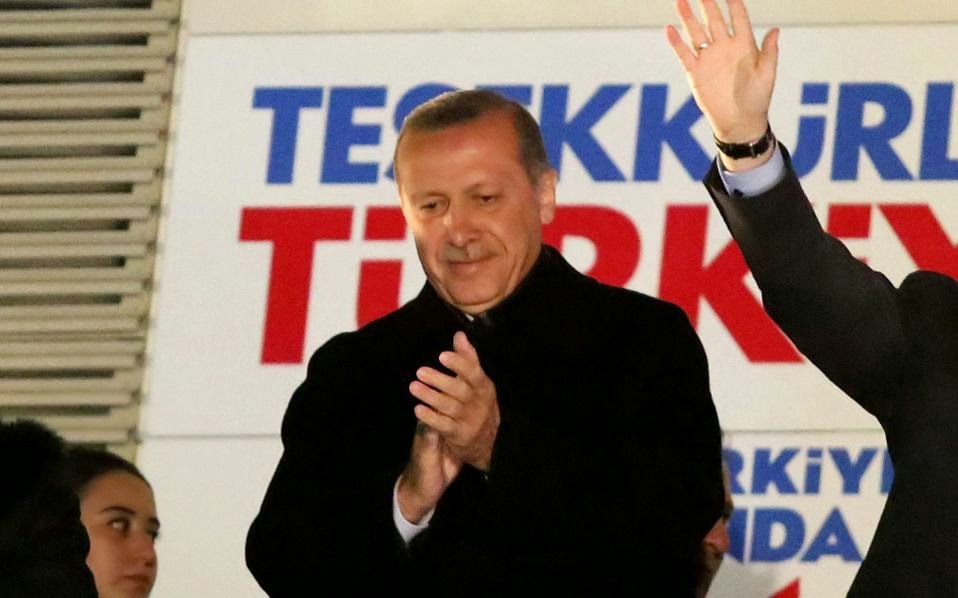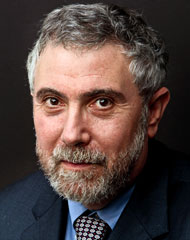Turkey’s Nov. 1 election was more than two months ago.
By Suat Kınıklıoğlu (Cihan/Today’s Zaman)
Most Turks who wanted to see some stability and a return to economic predictability are thoroughly surprised to see that despite an overwhelming election victory, this government still has great difficulty governing the country. At every level we see only a tightening of security measures, an increase in the state’s usurping the rights of citizens and an extraordinary rule in a considerable part of the country. Bombs explode in the middle of İstanbul, police centers are attacked leading to great casualties, Turkey’s Southeast has effectively turned into a war zone and the economy has slowed down causing large scale pessimism to pervade the country. Many Turks are seriously concerned about disintegration as the political class is unable to find a solution to the Kurdish issue. Turkey’s Kurds feel increasingly alienated by the heavy-handed security approach of the state as well as the reckless escalation of urban warfare by the Kurdistan Workers’ Party (PKK). Turkey’s external relations are equally problematic with many friends having become foes and Ankara’s stubborn insistence on a failed Syria policy further sucking Turkey into the vortex of the Middle East. From Moscow to Damascus, from Tehran to Cairo, Turkey has very few friends and by aligning itself with Riyadh on the Saudi-Iran confrontation it is making a major mistake.
Recep Tayyip Erdoğan and the government are overwhelmed by the daily escalation of violence and their inability to control the domestic situation. Erdoğan’s insistence in governing the country on his terms without any compromise continues to take its heavy toll. Turkey cannot be governed in this way. Irrespective of the large electoral win in November, the situation is unlikely to calm down as Turkey’s default settings have been played with. Putting this back together will also be not easy, especially in the absence of a robust opposition and an extremely divided society traumatized by terrorism and an inability to negotiate a solution to the Kurdish issue.
Unfortunately, I remain very pessimistic about the future. Both on the domestic and on the regional level, Turkey is likely to face even more daunting challenges. Erdoğan does not appear to recognize where he is dragging this country to. And I am afraid that he will not until we hit rock bottom. The electorate’s desperation to buy stability on Nov. 1 by supporting the Justice and Development Party (AKP) at any cost will continue to prove problematic over time. The Turkish electorate will come to bitterly understand that the stability they thought they were buying is actually not going to be delivered. Nevertheless, as was the case in November, unless a robust and credible opposition emerges, it is unlikely that we will see any change in the political spectrum. The Republican People’s Party (CHP) and the Nationalist Movement Party (MHP) are unlikely to present an alternative. So far, a new opposition party has been unable to form in Turkish politics. Unless that happens, or there is radical change in one of the existing parties, Turkey’s misery is likely to continue.
This country is heading in a very wrong direction. It is as if we are all watching a horror movie. It is one of the greatest paradoxes that despite the deepening misery, Turkey continues to be unable to form a credible opposition party that could inject hope into society. In the absence of a new leadership that can offer an alternative, Turkey is destined to exhaust itself in the very wrong direction in which it is currently headed.



















